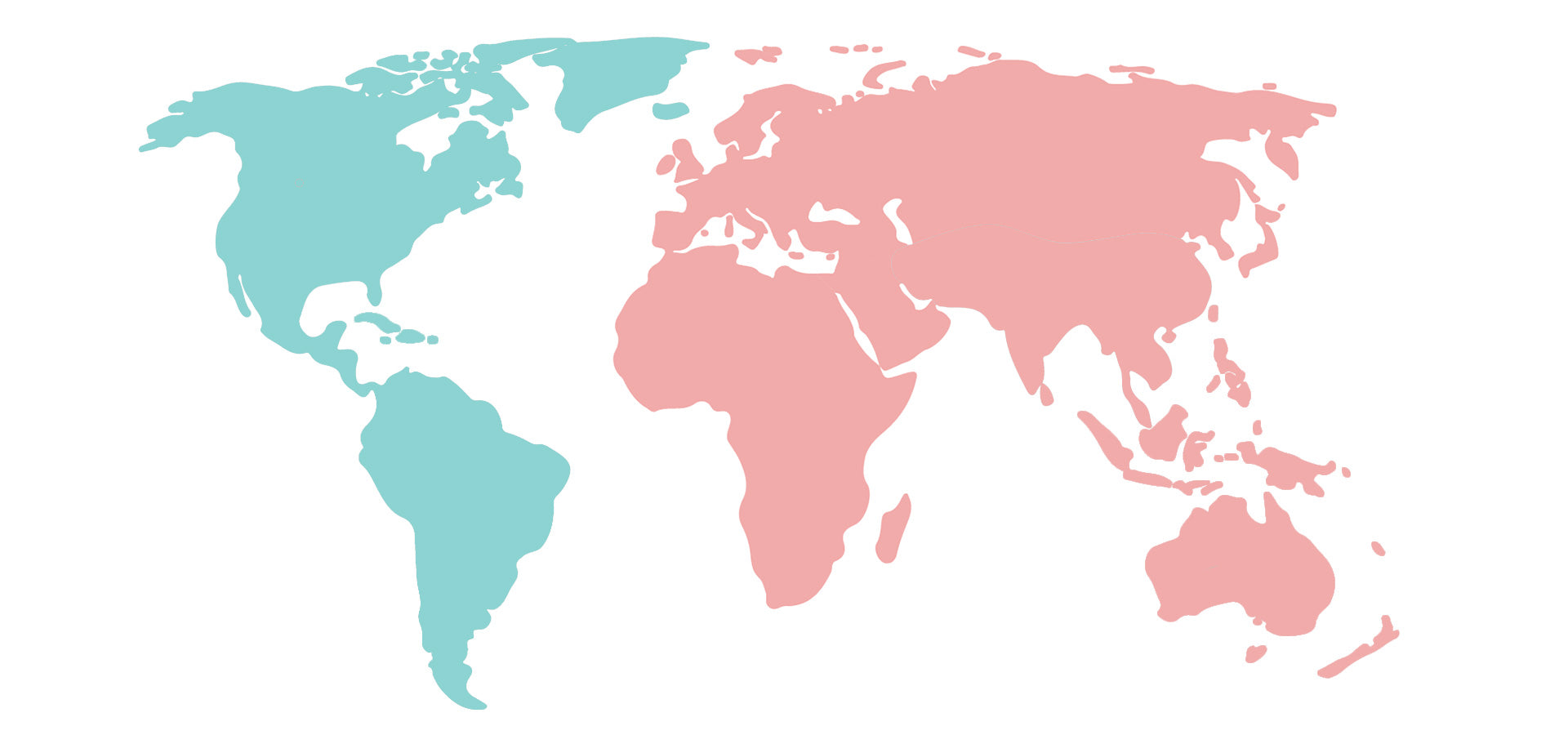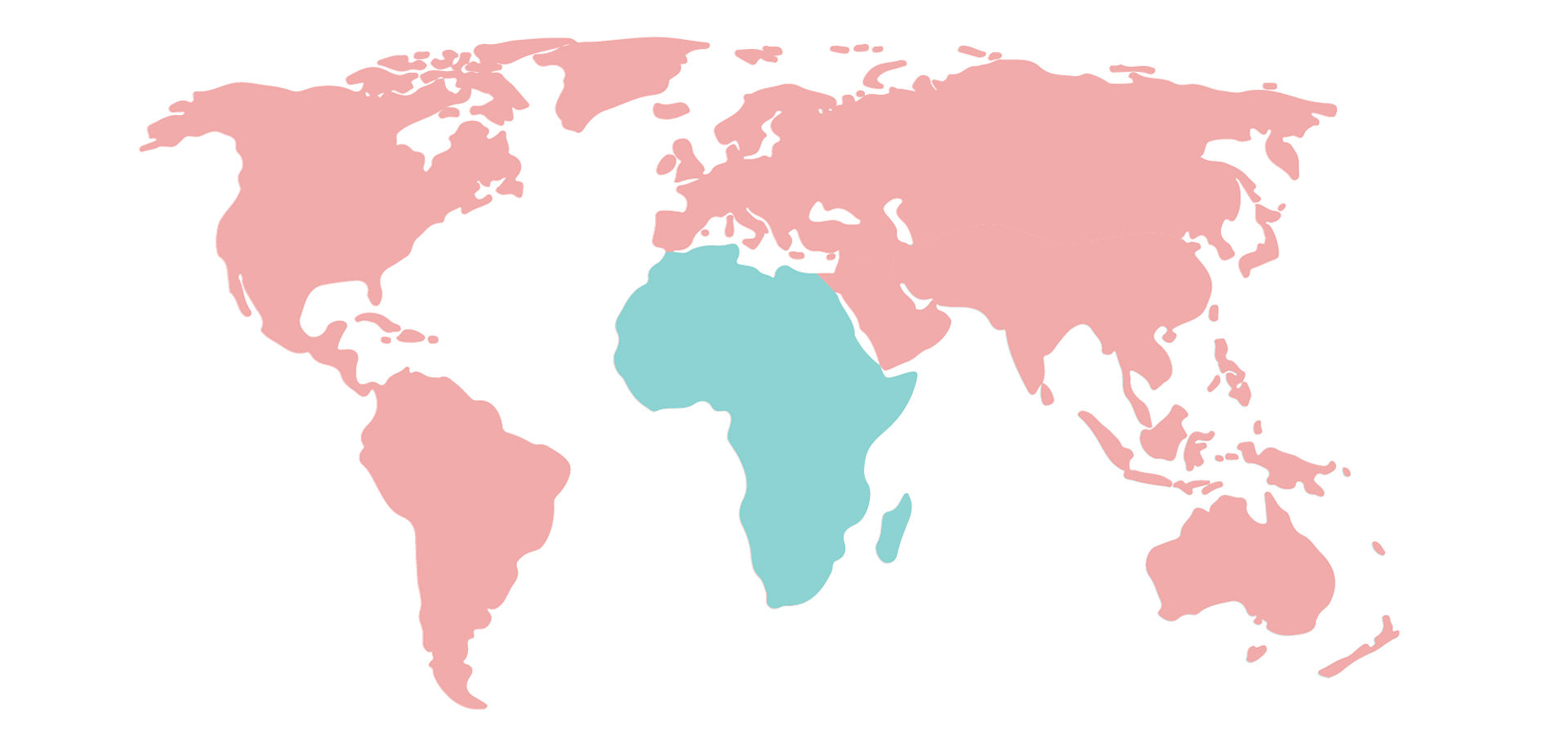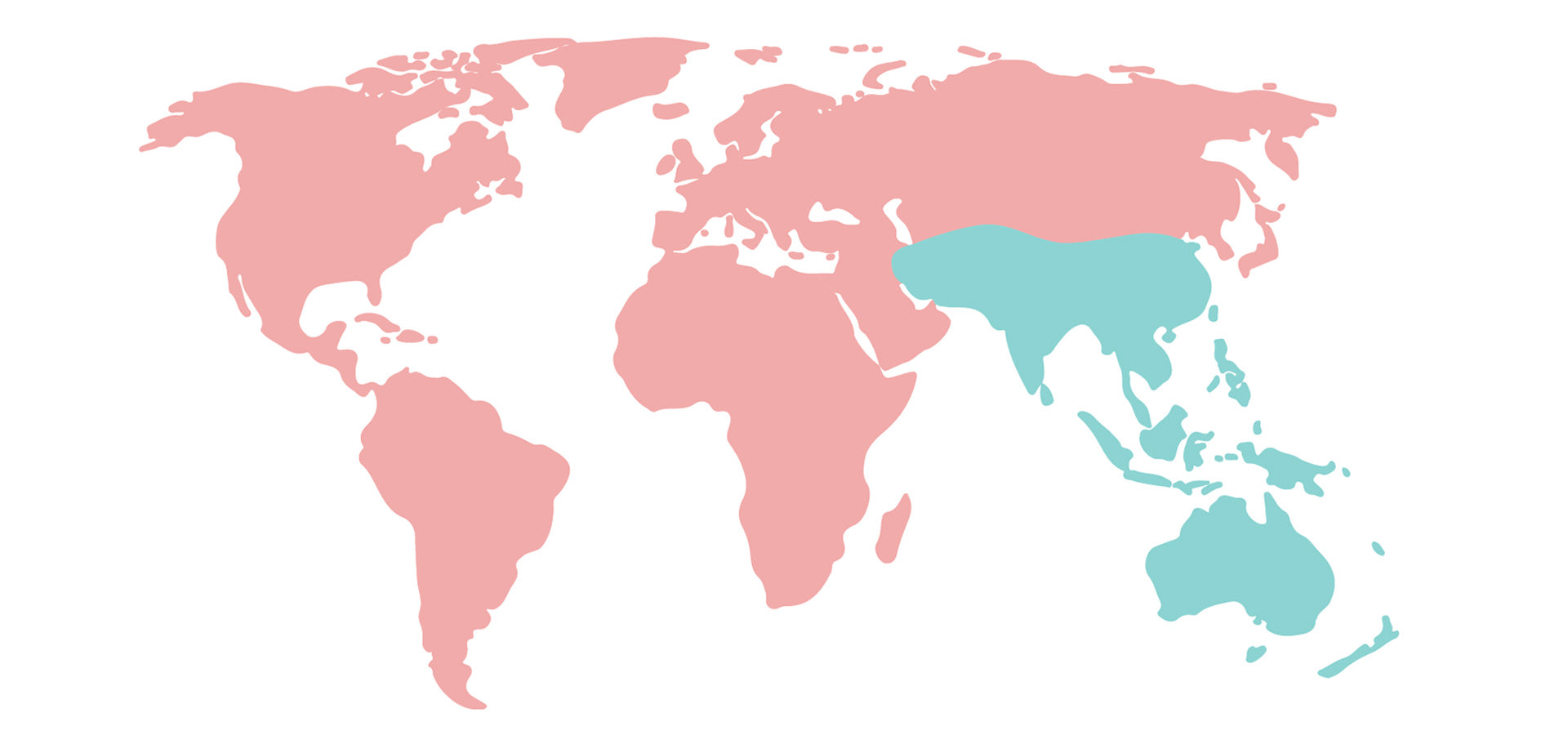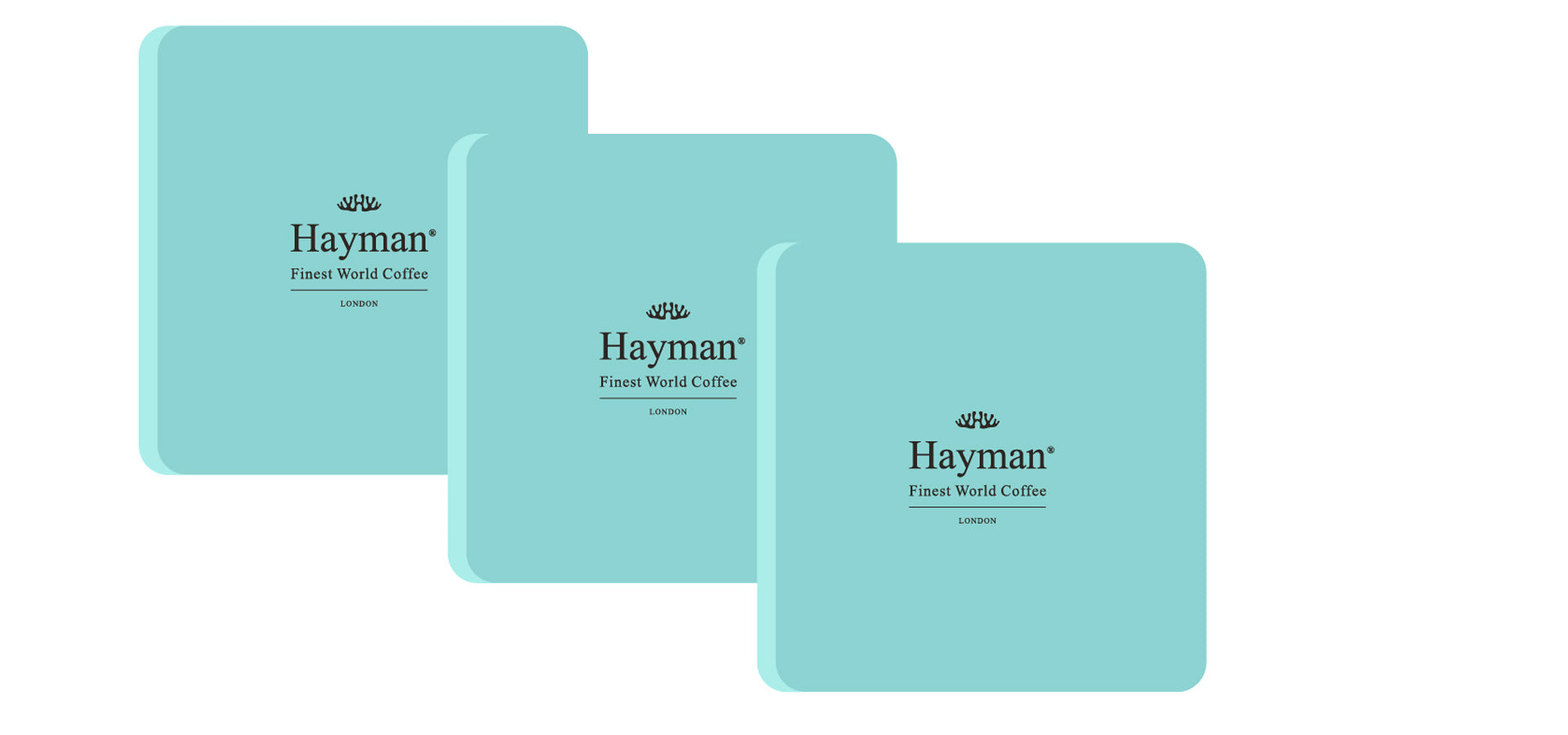Third Wave, Specialty Coffee
Third Wave Coffee
Hayman is a well-known supporter of the Third Wave Coffee, a term created in 2002 to describe a large scale movement with the objective of offering excellent quality arabica coffee (i.e. the best of all types of coffee beans), often called gourmet coffee, which sees coffee as a delicate artisan good, such as quality wine, and not as a mass production beverage.
Third Wave Coffee movement defends that coffee drinkers should always be served good and fresh coffee, in order to be able to distinguish and appreciate all of the nuances in terms of flavor, aroma, varietal and growing region of the best coffee beans. Fresh coffee also means fresh ground coffee, as coffee loses its qualities even faster after grinding.
For this goal to be achieved, numerous advances in coffee tree growing, harvesting, and processing were needed. Honest partnerships among coffee growers, traders, and roasters had to be established, so that everyone could be on the same page and thus mutually benefit from moving in the direction of top third wave coffee, which is very positive news for coffee consumers.
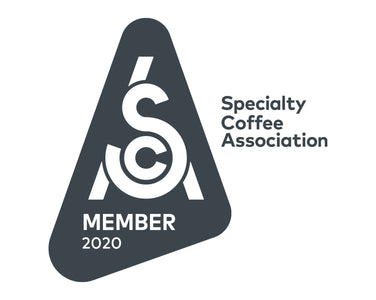
Specialty Coffee
Hayman has been a member of the Specialty Coffee Association, the global authority in coffee excellence, since our foundation (membership no. 6112-E).
The expression specialty coffee (also called speciality coffee), was originally coined in 1974. Specialty coffee is a different concept from gourmet coffee or premium coffee, because out of these terms only specialty coffee has very clearly defined quality standards.
If we look at the definition of specialty coffee by the Specialty Coffee Association, we will see that even the best coffee beans need to score at least 80 points on a 100-point scale in order to be considered specialty coffee. Arabica coffee which scores 80 points or above have an impressive aroma and flavor, and a minimum amount of defects. These speciality coffees are then justifiably considered the best coffee beans in the world.
Despite the better quality of arabica coffee when compared to other coffee species, such as robusta coffee, most arabica coffee produced is not good enough to be graded specialty coffee (a.k.a. speciality coffee). The majority of the coffee available today on the market and served in most coffee shops and restaurants alike is either a blend (i.e. a mix) of robusta coffee with arabica coffee, or low quality arabica coffee.
In addition to offering only specialty coffee, we are proud to say that all our coffee is single origin, meaning that we never blend coffees from different origins (either countries or farms), species, varietals, or crops. This helps us ensure full product traceability and lets final consumers fully appreciate the qualities of each of our individual coffees.
